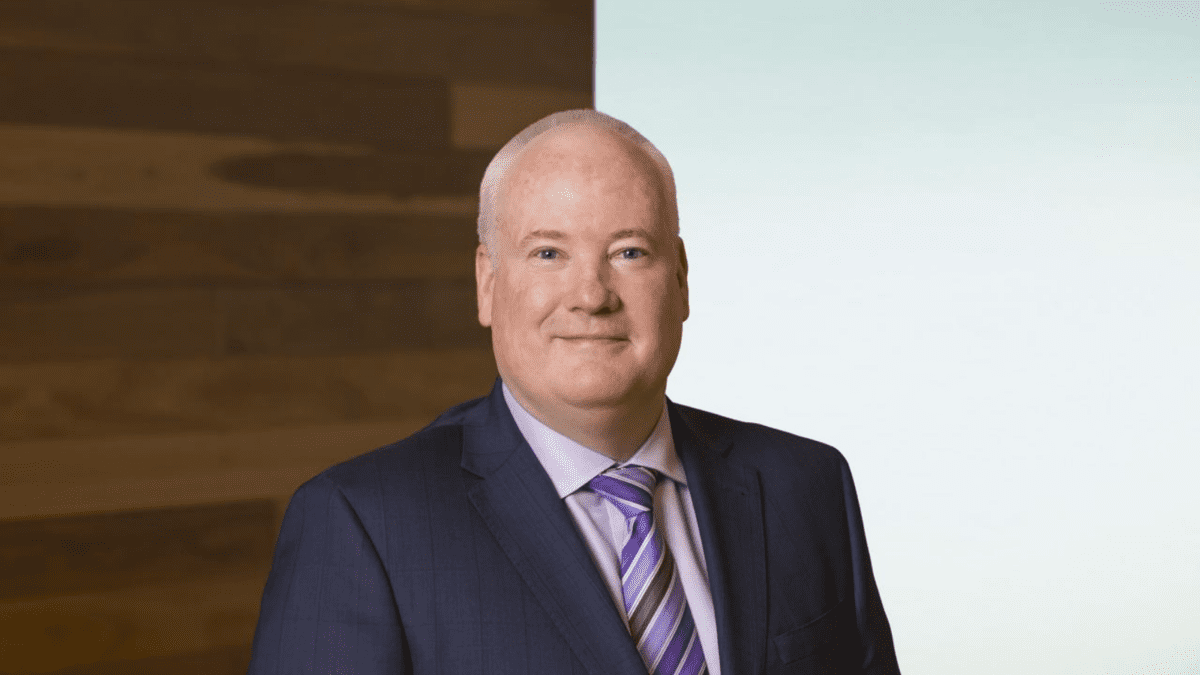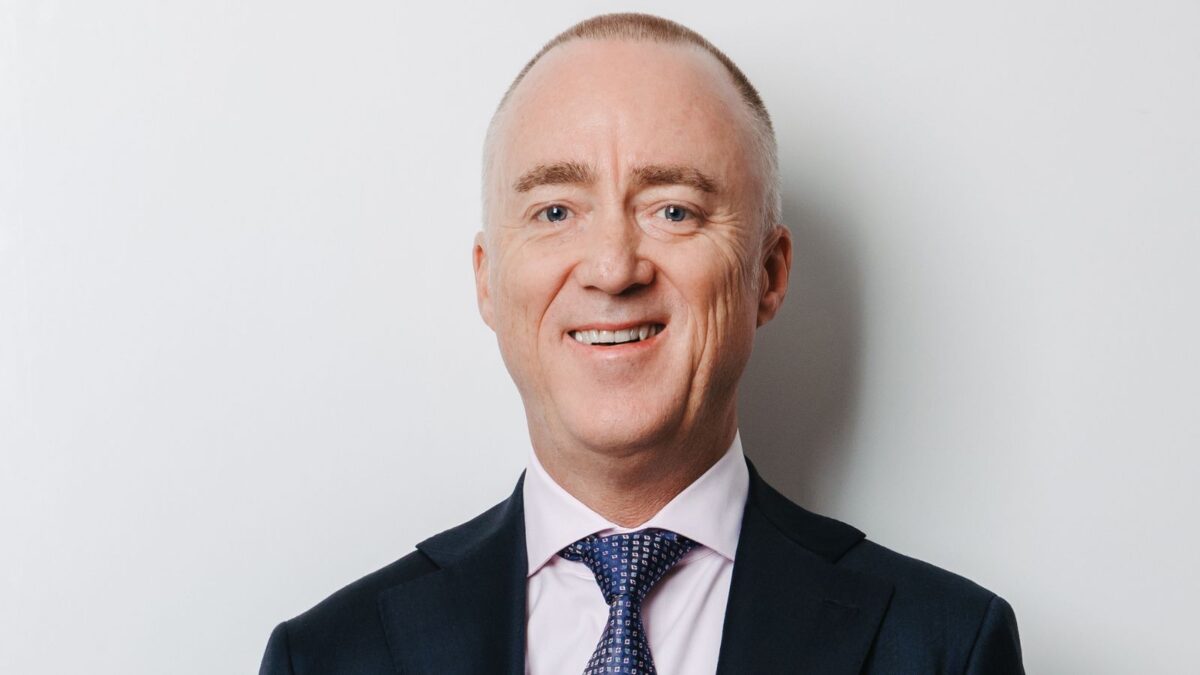What the ‘heavy emphasis’ on fees really achieved for members
The MySuper reforms, intended to provide a “simple, cost-effective, balanced product” for everyday Australians have delivered a modest fee cuts in the industry fund segment and more aggressive cuts across retail funds since their 2014 inception.
That’s according to Chant West, which has examined 10 years of fee and performance data since the inception of MySuper to see what’s really changed.
While the data appears to show that the historically low industry fund total fee (0.95 per cent pre-MySuper) has only fallen a skimpy two basis points to 0.93 per cent over the 10 years, that reduction has actually been “much more significant than the bare numbers suggest” due to the advent of RG97, which obliged funds to disclose a greater number of costs and fees; following its 2017 introduction, the aggregate industry fund total fee stood at 1.25 per cent.
Those fee cuts have come about because of smaller, higher-fee industry funds merging with their larger, lower fee brethren, but there has been “little change” to administration fees of individual funds – even those with significant scale.
“(That’s) due to higher regulatory costs and greater expectations from members in terms of services provided – especially personalised and digitised interactions,” the report says. “Meanwhile, their investment fees have reduced significantly since RG97. That comes from making better use of their scale to negotiate lower fees from their investment managers.
“That same scale has also allowed them to more efficiently access investment opportunities in unlisted asset classes (private equity, infrastructure and property) through co-investing alongside external managers or via investing directly, therefore avoiding the high management fees prevalent in those unlisted sectors.”
Meanwhile, retail funds have slashed administration fees by as much as 40 per cent since 2017 in the face of market pressure and the YourSuper comparison tool, while investment fees have also dropped as they embrace more passive management.
Those fee reductions, as well as robust MySuper performance, means that the reforms probably rate as a success for government and regulatory stakeholders – but Chant West notes that the view from the industry is “less sanguine”.
“The heavy emphasis on fees has caused some funds to compromise on how they invest, and that has only been exacerbated in recent years by having to manage to a performance test that still has unresolved flaws,” the report says. “And arguably, some funds have been removed from the system largely due to flaws in the performance test rather than flaws in what they were doing.
“Members’ views will of course vary depending on their experience, attitudes and level of understanding. Many will likely take comfort from the perception that the system has driven down fees and protects them from ‘dodgy’ funds with high fees and poor performance.”
The Chant West data also refutes the assumption that lower investment fees invariably translates to higher returns through cost saving, with some of the top performers those with the highest investment fees and some in the lower fee contingent among the performance “laggards”.










